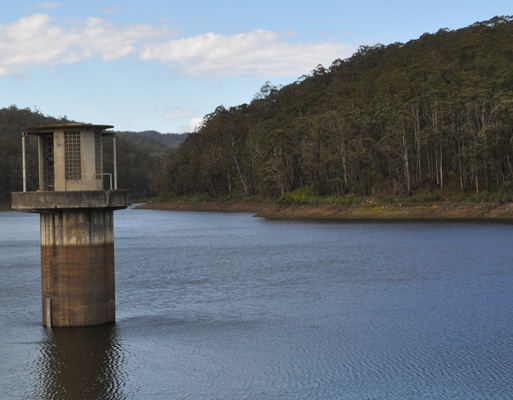Bellarine Peninsula residents will face no extra water restrictions this summer, “even under the worst climate conditions”, Barwon Water announced.
Geelong’s water storage levels heading into a dry summer were at 57 per cent last Monday, below 72 per cent the same time last year.
Barwon Water managing director Tracey Slatter urged residents to use water wisely this summer.
But she said Geelong’s water supply was secure next year and for years to come, even in extremely dry weather.
“Our modelling shows that water restrictions won’t be needed in any of our service areas, even under the worst climate conditions,” Ms Slatter said.
The decision follows Bureau of Meteorology predictions of a drier-than-usual summer, due to warmer-than-average temperatures and average rainfall over the next three months.
State Government and Barwon Water had invested in infrastructure, such as a Melbourne to Geelong pipeline, to shore up supply, Ms Slatter said.
Together with responsible water use, the investments helped keep local water supply stable, she said.
“We encourage people to keep up the good work to make sure we continue to have plenty of water available.”
Barwon Water would continue to restrict sprinkler and watering system use to between 6pm and 10am and enforce trigger nozzle requirements, Ms Slatter said.
Barwon Water recently released its Annual Water Outlook and was preparing a 50-year plan for water demand.
The authority reviews the plan every five years to respond to changes in climate, population growth and development.
Water demand was at its highest in the early 1980s, when Geelong’s population was about half what it is today, according to Barwon Water historic data.
Since 1981-82 water demand has reduced by about 28 per cent.
“This significant drop in water use is due, in part, to people adopting more water-wise behaviours during and beyond the drought of the early to mid-2000s,” Ms Slatter said.
“It shows the powerful impact of everyday conservation habits, like taking shorter showers and fixing leaks, in reducing our collective water use.”







